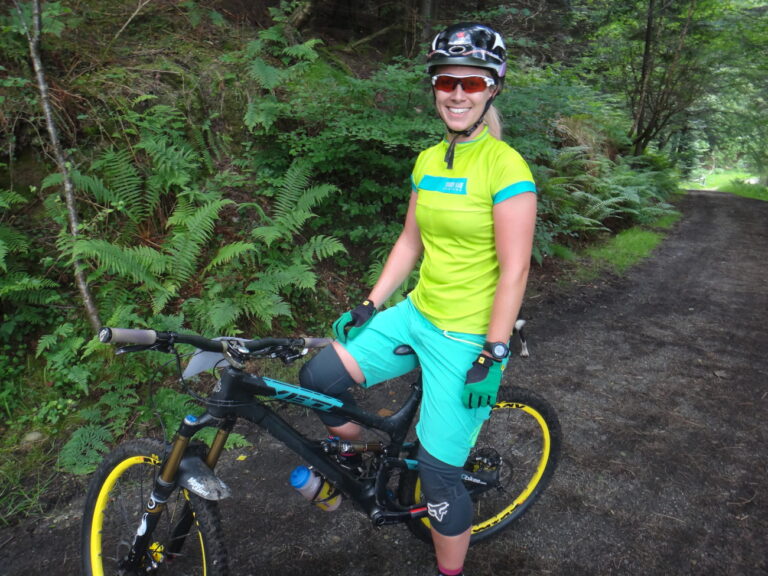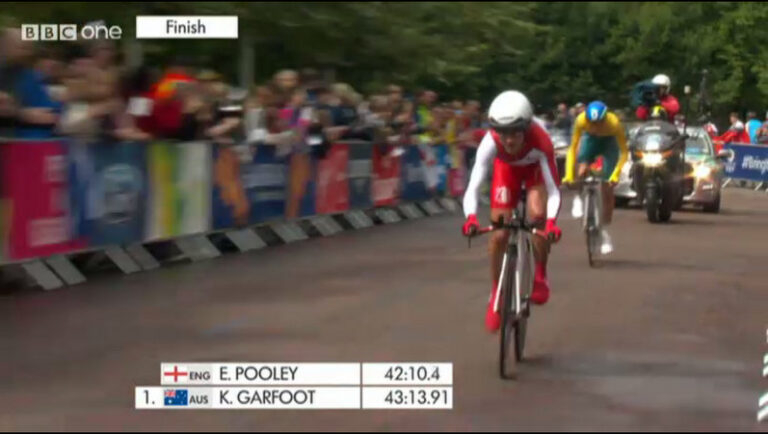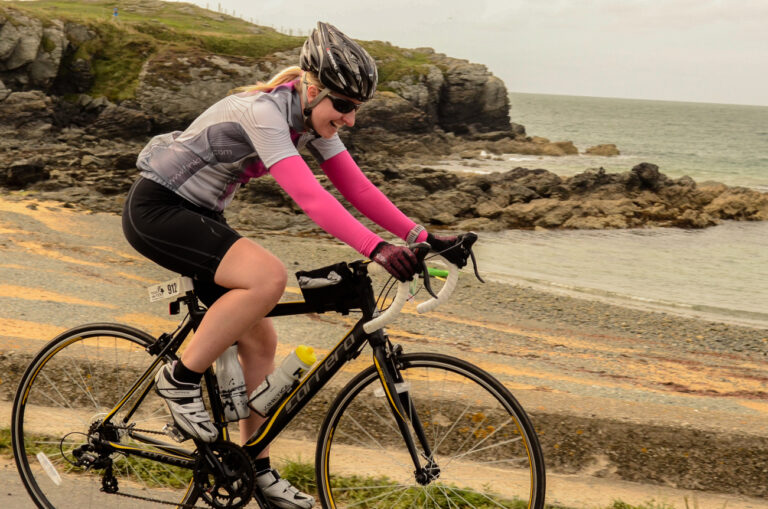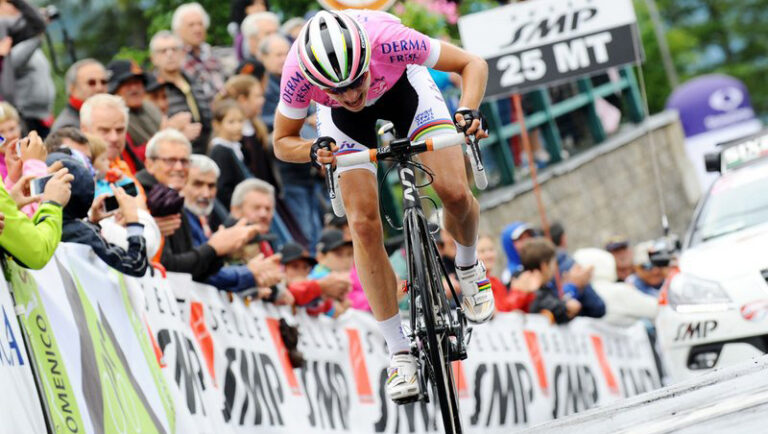Getting your nutrition right for an event like the Prudential RIDE London 100 or another sportive is no easy task. Especially if you are relatively new to endurance cycling.

We have put together some top nutrition tips for both before and after the RIDE 100 which will hopefully steer you in the right direction and ensure you make the most of all of your hard training leading up to the event itself.
Check out some bonk busting recipes from TWC
1. Eat today for tomorrow. The day before you ride be sure to get sufficient carbohydrates so your stores are high.
2. Pre-ride fuel tops off the liver and muscle glycogen stores. Muscle glycogen is crucial to keep your legs working on longer rides and provides a big chunk of your energy stores while liver glycogen will help to maintain blood glucose levels which in turn keeps muscles pumping when your muscle glycogen runs low.
3. Pre-race food should be easy to digest, familiar and enjoyable. Try to get the balance right between carbohydrate, protein and fat.
4. Do not experiment with different types of food, bars or gels on the day of the event, only bring items your body is familiar with.
5. Be sure to fuel your body throughout the ride. Eating little and often will keep glycogen stores topped up and help to prevent you from bonking.
6. Hydrate, hydrate, hydrate. Be sure to take lots of water on board in the days leading up to the event and then on the big day itself. If you are feeling thirsty, it is too late, you have let yourself become dehydrated.
7. Take time to stop at feed stations to top up your bottles and pop some food into your pockets. Food stations have cereal bars, fruit and gels so it is a good idea to bring along your own favourite products.
8. Energy drinks are a good source of carbohydrate in hotter weather as they will also provide you with some additional fluid and electrolytes. If it’s cooler than an energy bar will also do the job.
9. Post-ride re-fuelling is also really important in order to repair tired muscles and avoid injury. You should try and re-fuel within 15 minutes of finishing the ride. It is recommended that you take 1g of carbohydrate per kilo of body weight post exercise. Carbohydrate is far more important than protein, although whey protein does facilitate the carbohydrate uptake and storage.
10. Carbohydrate lies at the centre of nutrition for the cyclist. It must be consumed in sufficient quantities before, during and after the ride.
Pre-ride fuelling will build a carbohydrate store; fuelling on the bike replaces depleted stores of carbohydrate held in the muscle; post-ride carb intake will boost the process of recovery and repair.
Michelle Colvin, health and fitness expert and owner of weight management company MEAE, gives us a brief overview of how to manage your carbohydrate intake:

Also worth a read:
Recipes for before, during and after long rides
Yoga for Cyclists: How and why it will help you avoid injury





